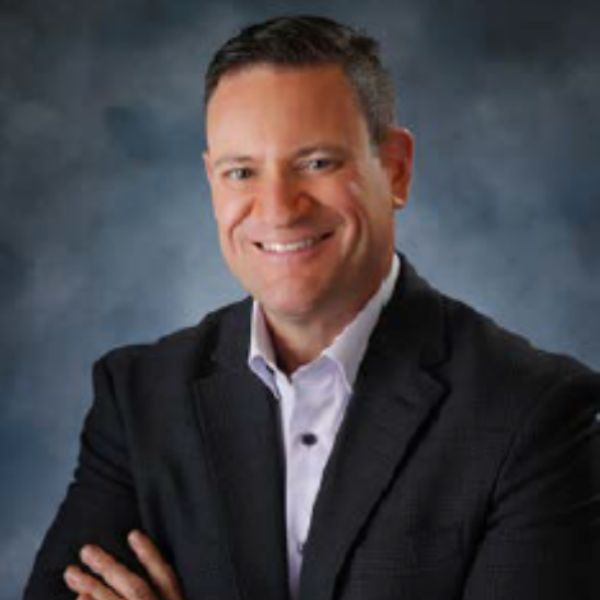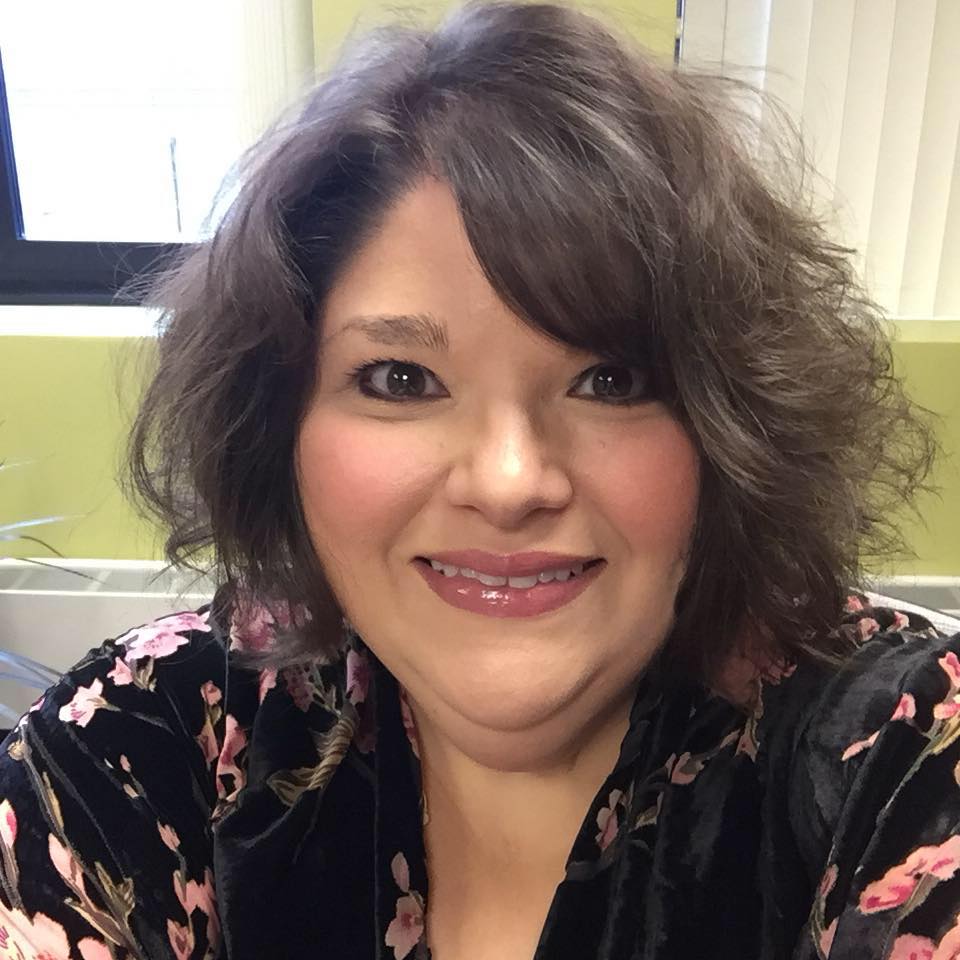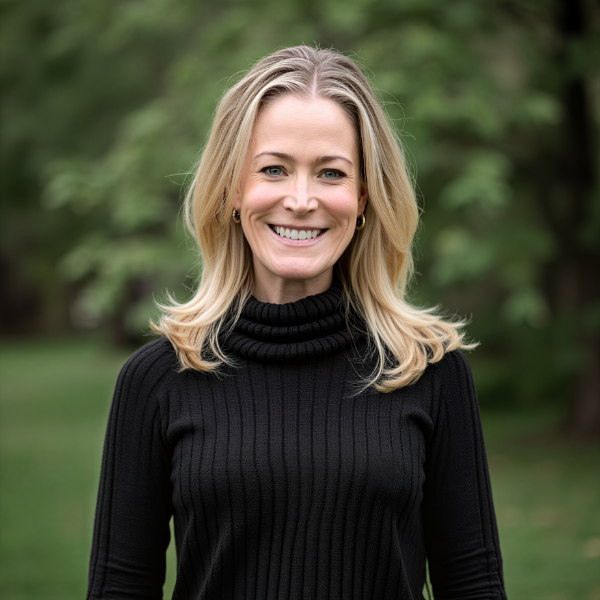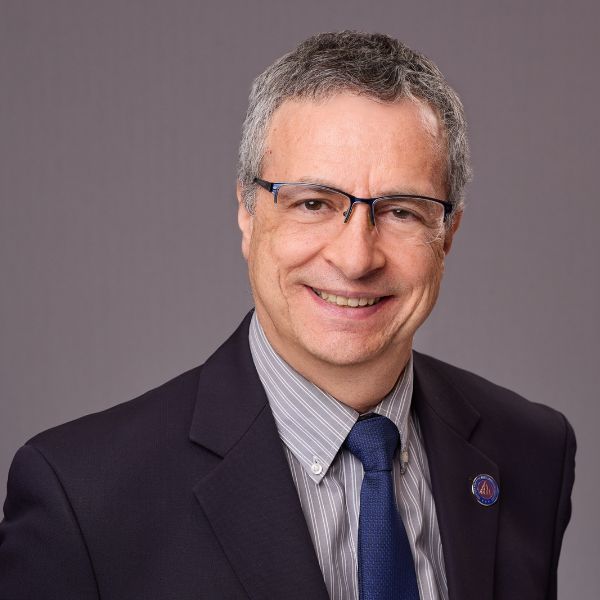The New Superior – A Better Way to Be the One in Charge Workshop
Home » The New Superior – A Better Way to Be the One in Charge Workshop
- Workshop
The New Superior – A Better Way to Be the One in Charge Workshop
- October 31, 2022 //
- 8:30 am -
- 5:00 pm //
- Baltimore 1-2
Description:
It’s difficult working as a scientist in a law enforcement agency. Laboratory leaders find themselves pinched between the needs of their scientific personnel and the expectations of their police commanders. In this workshop, our facilitators will challenge what it means to be a superior and encourage participants to develop new attitudes and strategies for being more effective and trustworthy in how they lead and manage their people. Participants will undergo a Gallup Global Strengths assessment and learn how their individual strengths create both advantages and disadvantages in how they interact with a wide variety of people, including scientists, criminal justice professionals, and police commanders. Through expanded self-self awareness, our attendees will grow their effectiveness as leaders working in the complex arena where science meets the arbiters and enforcers of law.
Learning Outcomes:
- Know your 5 predominant strengths and their negative tendencies
- Recognize destructive managerial habits in yourself and others
- Gain strategies for incorporating coaching methods into your approach to leadership
- Understand the conflict-collaboration continuum
- Apply the ADAPT method for resolving disagreements
- Appreciate the impact of personality on leadership styles
- Develop a personal leadership process that keeps you focused on your goals
- Access an optional free coaching session during the symposium
- Interact with experienced laboratory administrators and forensic experts
- Learn common challenges faced by other workshop participants
Intended Audience:
Participants must be in positions of management or be interested in management as a possible career path. Required questionnaires and an assessment must be completed prior to the workshop.
Description:
It’s difficult working as a scientist in a law enforcement agency. Laboratory leaders find themselves pinched between the needs of their scientific personnel and the expectations of their police commanders. In this workshop, our facilitators will challenge what it means to be a superior and encourage participants to develop new attitudes and strategies for being more effective and trustworthy in how they lead and manage their people. Participants will undergo a Gallup Global Strengths assessment and learn how their individual strengths create both advantages and disadvantages in how they interact with a wide variety of people, including scientists, criminal justice professionals, and police commanders. Through expanded self-self awareness, our attendees will grow their effectiveness as leaders working in the complex arena where science meets the arbiters and enforcers of law.
Learning Outcomes:
- Know your 5 predominant strengths and their negative tendencies
- Recognize destructive managerial habits in yourself and others
- Gain strategies for incorporating coaching methods into your approach to leadership
- Understand the conflict-collaboration continuum
- Apply the ADAPT method for resolving disagreements
- Appreciate the impact of personality on leadership styles
- Develop a personal leadership process that keeps you focused on your goals
- Access an optional free coaching session during the symposium
- Interact with experienced laboratory administrators and forensic experts
- Learn common challenges faced by other workshop participants
Intended Audience:
Participants must be in positions of management or be interested in management as a possible career path. Required questionnaires and an assessment must be completed prior to the workshop.

none
Pamela Marshall
Director, Duquesne University
Dr. Marshall has extensive graduate and undergraduate teaching experience in the forensic disciplines of serology, DNA, and microscopy. Her research interests include low copy number DNA, human and wildlife DNA identification challenges, nanoparticle technology, pressure cycling technology, and PCR enhancement.

none
Julie Conover Sikorsky
Forensic Scientist Supervisor, Palm Beach County Sheriff’s Office
Julie Conover Sikorsky is the Forensic Biology Manager at the Palm Beach County Sheriff’s Office. She joined PBSO in 2002 as a Senior Forensic Scientist and became Forensic Biology Manager in 2012. Julie holds a B.S. in Molecular Biology from UC San Diego and M.S. degrees in Forensic Science and Biomedical Science from Marshall University. ABC-certified in Molecular Biology and a Lean Six Sigma Green Belt, she serves on multiple forensic science committees and frequently presents at industry conferences. Dedicated to advancing forensic science, Julie focuses on innovation, process improvement, and mentorship.

none
Ray Wickenheiser
Retired Director for the New York State Police Crime Lab System
Dr. Ray Wickenheiser, is the retired Director of the New York State Police Crime Laboratory System, formerly headquartered in Albany, New York. Ray is now located in Lafayette, Louisiana, where he provides forensic consulting and training. His areas of expertise include crime lab administration, quality management, conflict resolution, forensic DNA and mixture interpretation, serology, hair and fiber trace evidence, physical matching and comparison, glass fracture analysis, forensic grain comparison and forensic investigative genetic genealogy.



